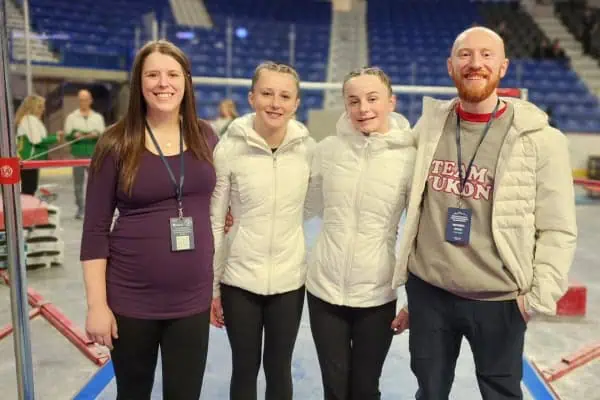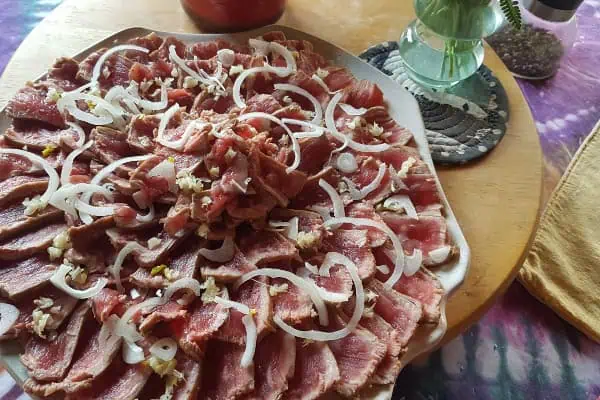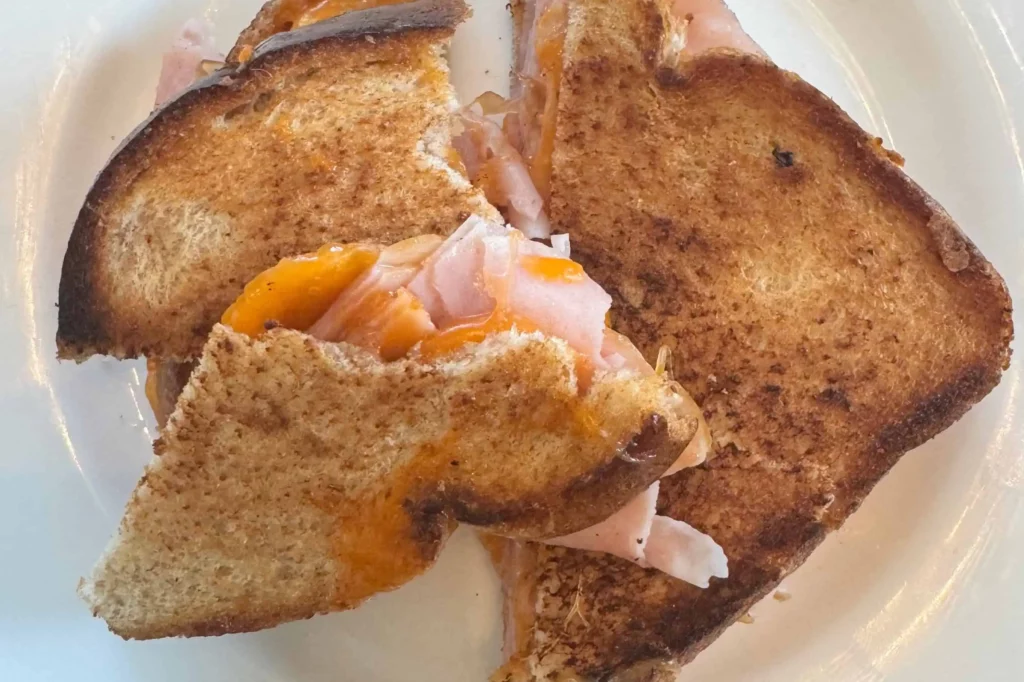Rolling hills, green valleys and half a dozen wineries surround the Duchess Sanctuary, nestled in the beautiful Willamette Valley in southern Oregon.
The 1,120 acres of pasture were turned into a permanent retirement home for almost 200 horses in 2008 with assistance from the Humane Society of the United States.
Draft horses, mustangs and a variety of others, rescued from abuse, now live their lives in peace and quiet, grazing with their herds and families.
I stumbled upon the sanctuary online last fall. I had hurt my back and while wallowing in a bit of self-pity and a lot of introspection, I spent time on the internet, surfing blindly for some inspiration to lift my spirits.
I don’t really know how I found the Duchess Sanctuary, but something prompted me to send an email to inquire about volunteering.
I had no idea what I could do to help, but I was … well, desperate to do whatever I could. Photography? Carpentry? Grooming? Mucking out? Yes, I could do all that.
Horses have always held a special place in my heart. Growing up in the city, I was a typical little girl who wanted a horse and was denied at every turn.
I had a couple of years in my early teens at a horse day camp, learning all I could about horses, along with the odd ride here and there.
I had horses on my walls and horse books on my bookshelf and I drew horses all the time; but the love had never progressed much beyond that.
It was months before anyone got back to me and by then my vacation plans were to fly to Vancouver, instead of a driving holiday.
A change of plans and a long drive later, I was finally there. A Vancouver friend with no prior experience with horses was interested enough to join me for a vacation of her own for a few days.
Oakland, OR, population approximately 950, lies an hour south of Eugene. According to the Rand McNally website trip advisor, it’s an eight-hour drive from Vancouver, but was actually closer to 13.
By the time we reached our destination, we were giddy from spending so long in the car.
The sanctuary is located at the end of a dirt road, about six miles outside of Oakland. The laneway for the sanctuary is indicated by a sign; otherwise you wouldn’t know it was there.
There were a few horses in one of the pastures as we drove in, some snoozing in the sun, others keeping cool among the moss-draped Garry Oaks.
We were both surprised at their size – this was the heavy herd – as we didn’t realize at this point there were different breeds on the property.
The ranch manager, Jennifer Kunz, is an Albertan who came south with most of the draft horses and lives at the sanctuary full-time. The only other staff are two full-time ranch hands and the director, Kathleen.
They are devoted to the horses and work extremely hard to make sure the animals are healthy and happy. Each day starts with breakfast at 7 am and ends with a head count to ensure no one is down, or sick, or missing.
Kathleen took us on a tour of most of the property – an hour and a half walk in perfect weather – pointing out several herds that populate the pastures.
The view from the top pasture is breathtaking. The valley goes on for miles, green on top of green in every direction. We could have spent hours just watching the herds graze or sitting in the sun listening to the birds.
The largest herd (a “light” herd, comprised of mustangs and other light horses) was 40 animals, scattered along a hillside and curious about the visitors.
We then spent a pleasant hour or so grooming two of horses, Marie and Peppy. Marie was an old girl, 20-odd years, with swollen, arthritic knees from years of standing on concrete. She spent some time grazing while I brushed her, but soon stopped and enjoyed the attention she was getting.
The horses are unrideable and mostly unadoptable. Because of their history and bad experiences with humans, they are at the sanctuary for just that: sanctuary.
The mustangs experienced trauma when rounded up in the southwest states by helicopters and all-terrain vehicles. There are four who came to the sanctuary together as orphans, having lost their mothers in one roundup.
The draft and draft-mix have mostly been rescued from the Canadian PMU (pregnant mare urine) industry, in which they spent six months of every year standing in the dark, on a concrete floor in small stalls, unable to lie down.
Duchess is a safe place for them to spend the rest of their days, where they can just be horses, some enjoying grass for the first time in their lives.
Day two saw us organizing office files for Kathleen. Setting up a simple filing system took most of the day.
After a delicious lunch at the tavern in town, we had a break in our afternoon when the previous director and three of his kids came for a visit to celebrate a birthday: Sheikh was turning 30, which is very old for a horse.
Sheikh was an old white fellow, missing some teeth and a bit slow now, but still handsome. The kids had made him a “cake” consisting of mashed apples and carrots and some alfalfa. He seemed to enjoy the attention.
We only had two days at the sanctuary and wanted more, but just didn’t have the time.
My friend was a bit concerned that I hadn’t done what I wanted to do, but I assured her that the goal had been to help in any way I {jcomments on}could.
If filing three years worth of paperwork made it easier for the director to do her job, then it was mission accomplished.




